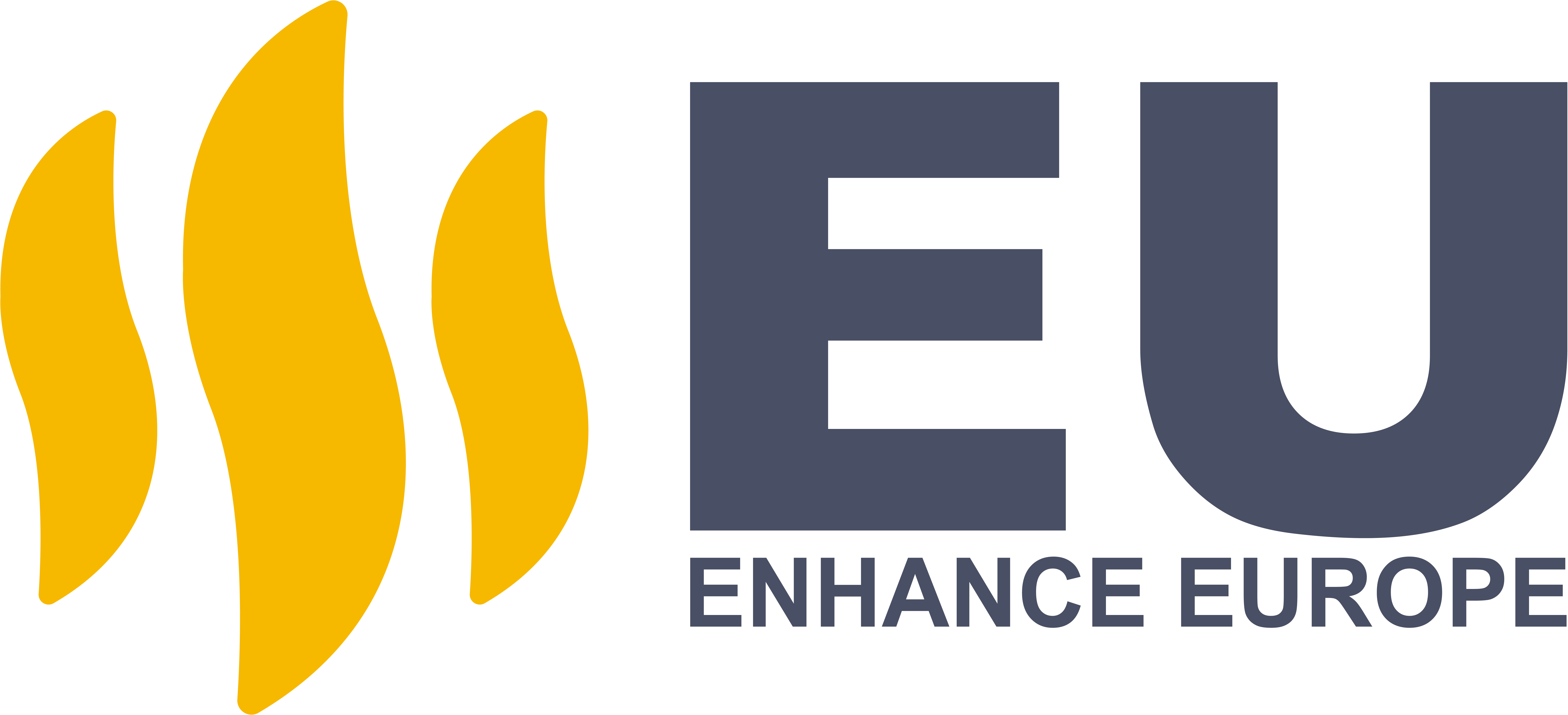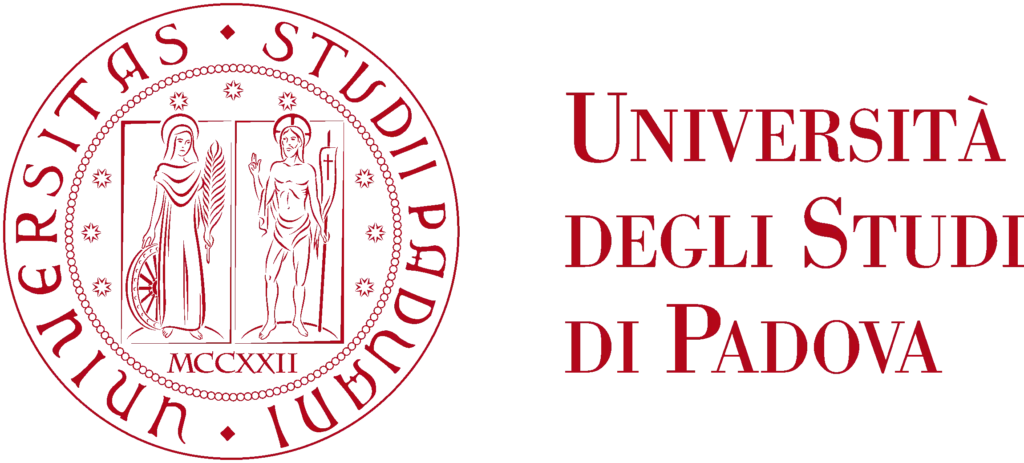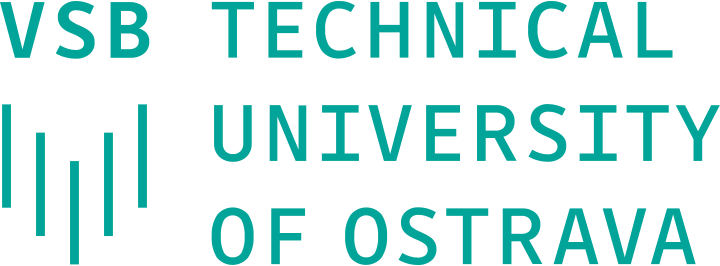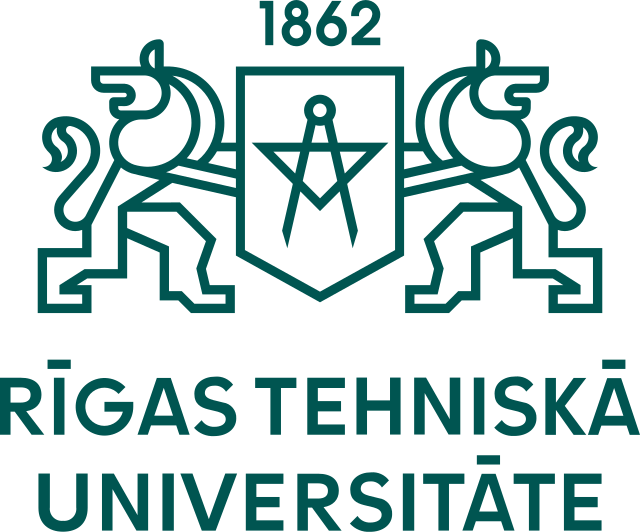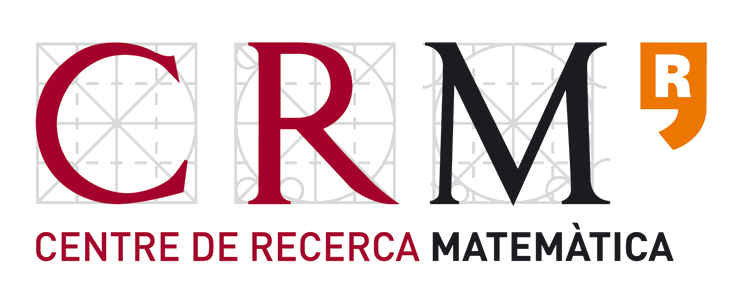The University of Padua, founded in 1222, is one of Europe’s oldest and most prestigious educational institutions. It provides its students with professional training and a solid cultural foundation. Its motto, “Universa universis patavina libertas,” reflects its commitment to cultural freedom and expression.
Throughout its history, the university has been home to many illustrious figures, including Copernicus, Galileo, and William Harvey. It has pioneered several fields, such as establishing the first university botanical garden in 1545 and the first permanent anatomical theater in 1594. In 1678, Elena Lucrezia Cornaro became the first woman to receive a doctorate in philosophy.
Today, the university has over 70,000 students, 2,200 professors, and 2,400 technical administrators. It offers a wide range of academic programs and maintains a high ranking in both Italian and international rankings for its educational and research quality. The University of Padua continues to look to the future with an international and innovative approach, participating in global research and education projects.
VSB – Technical University of Ostrava has been integrating technical, economic, natural sciences, and artistic disciplines in its study programs for over 175 years, addressing contemporary issues. The university excels in both basic and applied research, collaborating with industry and numerous domestic and international universities to provide innovative solutions and ensure employment for its graduates.
As part of the Czech Republic’s highest educational system, VSB focuses on knowledge transfer, skill development, and fostering professional growth. It partners with governmental bodies, local authorities, universities, and scientific institutions. The university operates as a “living laboratory,” where acquired knowledge is further developed and tested for practical application. Emphasizing quality, teamwork, and mutual respect, VSB supports its students and staff, creating a stable environment for innovation and personal development. The university upholds high ethical standards, aiming to positively influence the world around it.
The Fraunhofer-Gesellschaft, based in Germany, is a leading applied research organization. It plays a crucial role in the innovation process by prioritizing research in key future technologies and transferring its research findings to industry in order to strengthen Germany as a hub of industrial activity as well as for the benefit of society.
Founded in 1949, the Fraunhofer-Gesellschaft currently operates 76 institutes and research units throughout Germany. Its nearly 32,000 employees, predominantly scientists and engineers, work with an annual business volume of 3.4 billion euros; 3.0 billion euros of this stems from contract research, which is divided into three funding pillars. Fraunhofer generates a share of this from industry and license-fee revenue, totaling 836 million euros. This high proportion of industrial revenue is Fraunhofer’s unique selling point in the German research landscape. Another share of contract research revenue comes from publicly funded research projects. The final share is base funding supplied by the German federal and state governments and enables our institutes to develop solutions now that will become relevant to the private sector and society in a few years.
Riga Technical University (RTU) is the only polytechnic university in Latvia and the largest in the country, educating nearly 15,000 students. It aims to become a third-generation university by providing high-quality education, conducting advanced research, and ensuring innovation and technology transfer. RTU offers accredited programs in engineering, social sciences, and humanities.
The university is developing a state-of-the-art campus on Ķīpsala Island, set to be the most advanced engineering study center in the Baltic region. RTU’s strategy aligns with national and international development plans, focusing on quality, effectiveness, and meeting the needs of the Latvian economy. The mission of RTU is to build a competitive, educated, innovative, and creative future.
CRE is a non-governmental, non-profit, and apolitical organization that independently and impartially identifies, supports, and represents the interests of its members. It focuses on representing Romanian energy sector institutions (electricity, gas, oil, water, nuclear, coal, unconventional energies, and energy design institutes) in relations with European and international institutions, especially those based in Brussels.
CRE provides information and consultancy in the energy sector, offering expertise in the European market, financial solutions, service management, and strategic energy development. It organizes activities to support the integration of Romanian energy institutions into European programs.
The main objective of CRE is to promote the participation of its member institutions and Romanian energy companies in the decision-making processes of European institutions, European partnerships, and funding programs. It collects, analyzes, and distributes information about the energy sector, supports members in developing studies, and facilitates contacts between CRE members and international organizations. CRE also studies strategic, political, technical, social, legislative, and institutional aspects related to the energy sector and provides access to this information for its members.
The University of Vaasa focuses on sustainable business, energy, and society, conducting research to address current and future challenges. Located on a modern coastal campus striving for carbon neutrality, it fosters close cooperation in education and research. The university is situated in the heart of Northern Europe’s largest concentration of energy and environmental technology.
Vaasa is known for its beautiful campus and strong community spirit. The university emphasizes internationalization, with 30% of its faculty being foreign and partnerships with over 200 universities in more than 40 countries. Vaasa is Finland’s most international city after Helsinki, with residents from over 100 nationalities.
The university values teamwork, a supportive environment, and the development of work conditions and community spirit. It aims to create an inspiring setting for meaningful research and innovation.
Arçelik, founded in 1955, is a global company with 55,000 employees, operating in 58 countries with 46 production facilities and 22 brands. Key milestones include producing Turkey’s first washing machine in 1959 and first refrigerator in 1960. The company emphasizes innovation, creating digital and smart solutions for customers worldwide.
Arçelik’s culture is rooted in its history, blending leadership, values, and traditions to foster a supportive and ambitious environment. The company values doing the right thing, teamwork, and continuous improvement, aiming to bring innovative solutions to the world.
nollaE is a leader in real estate energy efficiency, offering top expertise in energy efficiency and financial calculus. They use advanced tools and innovative solutions in construction and HVAC design to achieve significant results for their clients in various countries, including Finland, Sweden, Germany, and Qatar.
Their team of experts provides tailored energy efficiency solutions for a wide range of buildings, enhancing property value and reducing CO2 emissions. nollaE’s proprietary AI-based software evaluates numerous energy efficiency measures to find the most cost-effective solutions. They focus on holistic energy efficiency, integrating it into the entire building system, and have saved substantial energy and money for their clients.
The Centre de Recerca Matemàtica (CRM), established in 1984, is Spain’s oldest mathematics research institute. Located at the Universitat Autònoma de Barcelona, it is a consortium involving the Catalan Government, the Institut d’Estudis Catalans, and the UAB. CRM is part of the CERCA Agency and a member of ERCOM.
Funded by the Catalan Government and other competitive grants, CRM has received prestigious awards, including the Narcis de Monturiol Plate and the María de Maeztu Unit of Excellence. It organizes international research programs, fostering collaborations among global researchers.
CRM’s mission includes conducting high-quality research, knowledge transfer, advanced training, and disseminating mathematical advances. It aims to address real-world applications and societal impacts through interdisciplinary collaboration.
Salima, founded in the early 1960s as F.lli Sabbadin by the Sabbadin family, specializes in road pavement construction. With a tradition in bituminous conglomerates spanning two generations, Salima quickly became a leading company in Northeast Italy.
Over the years, the company has successfully completed significant public contracts, ensuring high-quality service and timely execution. Salima manages road construction and maintenance with three highly professional teams, coordinated by experienced site technicians, and operates continuously, even on holidays, to meet client needs promptly.
Salima collaborates closely with its laboratory and suppliers to develop innovative and eco-friendly road construction solutions. The Sabbadin family and Salima share the same principles and values, embodying their unique approach to business.
BEIA Cercetare, established in 2010, is an innovative Romanian organization specializing in research, development, and innovation (RDI) within the communications equipment and technology sector.
The mission of BEIA Cercetare is to drive innovation and sustainability through cutting-edge research and development in telecommunications and related technologies. By engaging in various projects such as energy optimization, smart mobility, environmental protection, cultural heritage conservation, and digital transformation, the company aims to enhance societal well-being and contribute to a sustainable future.
